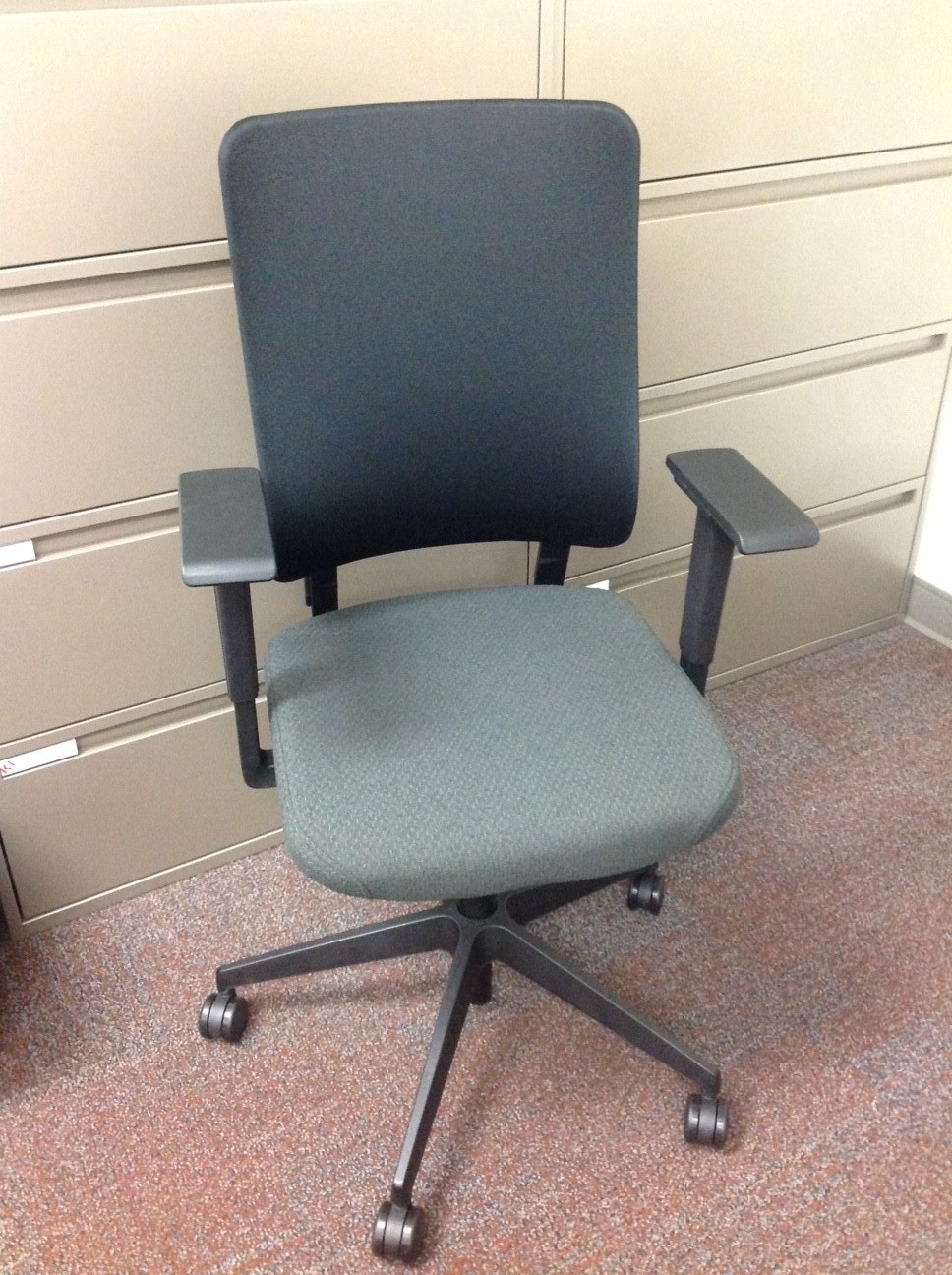Office Ergonomics
Office Ergonomics is included in the EH&S/RM Manual, Section 13 .PDF
Working from Home? Here are some general ergonomic tips to help you set up your own personal workstation.
- General Safety
- Remove any trip hazards in your working space, tie up loose cords
- Use a chair or boxes to block access to the trip hazard if needed
- Don't overload outlets and use grounded extension cords
- Be aware of your surroundings and remove any dangerous items to protect children and
pets
- Using a Laptop? Don't hunch over it.
- Use a laptop stand or stack books to support the screen
- Use an external keyboard and mouse and keep everything at the correct height
- Prevent Wrist Wrinkles
- Use a gel wrist rest, to protect your wrists from hard surfaces
- Use a folded hand towel below your keyboard and mouse if you don't have a gel wrist
rest
- Monitor Use
- Follow the 20/20/20 Rule; for every 20 minutes of looking at the computer, look at
least 20 feet away for 20 seconds
- Place your monitor 90 degrees to the placement of windows to prevent glare
- Chair Comfort
- If you are uncomfortable in the chair you are sitting in, add back support like a
rolled towel or pillows for added padding on the seat
- Footrest Options
- Knees should be even with your hips and ankles at 90 degrees
- Use a footrest to keep the knees at hip height to help your lower back
- Do not tuck your feet under the seat, it stresses the knees
Need an Adjustment?
There are generally 3 types of office chairs on campus. Determine which type you
have and review how to adjust your chair.
 KI FourC Task Chair: Learn how to adjust your chair here.
KI FourC Task Chair: Learn how to adjust your chair here.
Learn more at Occupational Safety and Health Administration (OSHA).
Departments are responsible for providing a proper ergonomic workstation (an adjustable
chair and keyboard tray) upon hiring a new employee working at a computer.
If you are not able to resolve your concern and want to schedule a 30 minute Ergonomic
Evaluation, submit this form.
 KI FourC Task Chair: Learn how to adjust your chair here.
KI FourC Task Chair: Learn how to adjust your chair here.